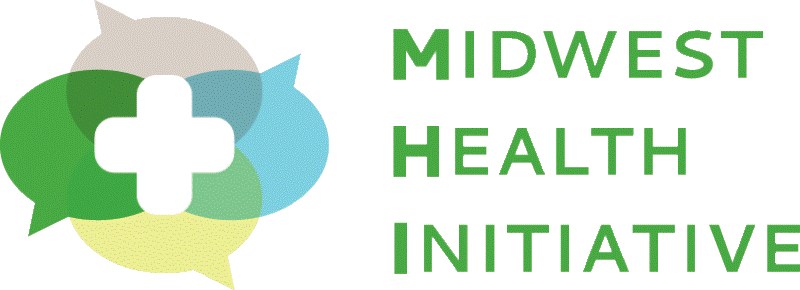Though there has been a return to pre-pandemic trends in some areas of health care, COVID-19 continues to change the medical landscape. The Midwest Health Initiative’s (MHI) new report, Getting Back to Normal: COVID-19 in the Age of Variants examines care received by Missouri’s commercially insured population (aged 0-64 years) and details trends in vaccinations; testing; inpatient care and hospital-based therapeutics; mental health diagnoses; telehealth; and other health care services.
Mental Health in a Pandemic: The uncertainty and social isolation surrounding the COVID-19 pandemic has had a negative effect on our community’s overall mental health. MHI found that the pandemic accelerated already rising rates of depression, with an 8.4% increase in average monthly depression diagnoses per 1,000 persons between January 2020 and January 2022.

Anxiety: Average monthly anxiety diagnoses per 1,000 persons climbed at an even steeper rate than depression, increasing by a staggering 28.6% between January 2019 and January 2022.

“As a school district, we saw first-hand the dramatic impact that COVID-19 had on employee mental health,” explained Erin Poggi, Benefits Manager, Francis Howell School District. “That is why we have focused on building a culture that reduces stigma and increases awareness of the benefits available to help. We hope that employers and community partners can continue to play a role in increasing access to affordable, high-quality behavioral health services for workers and their family members.”
To view MHI’s COVID-19 Chart Books please click here.

Comments